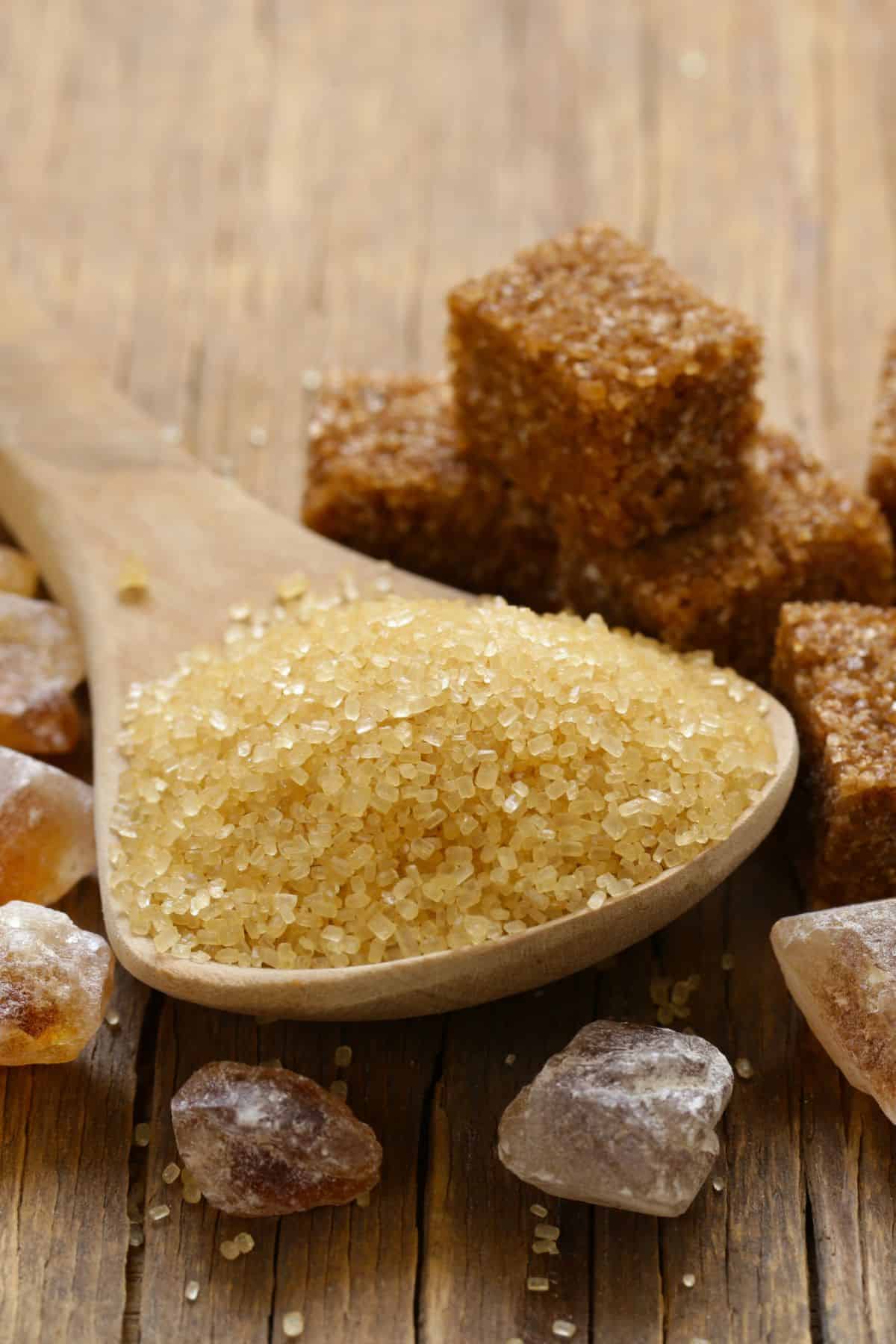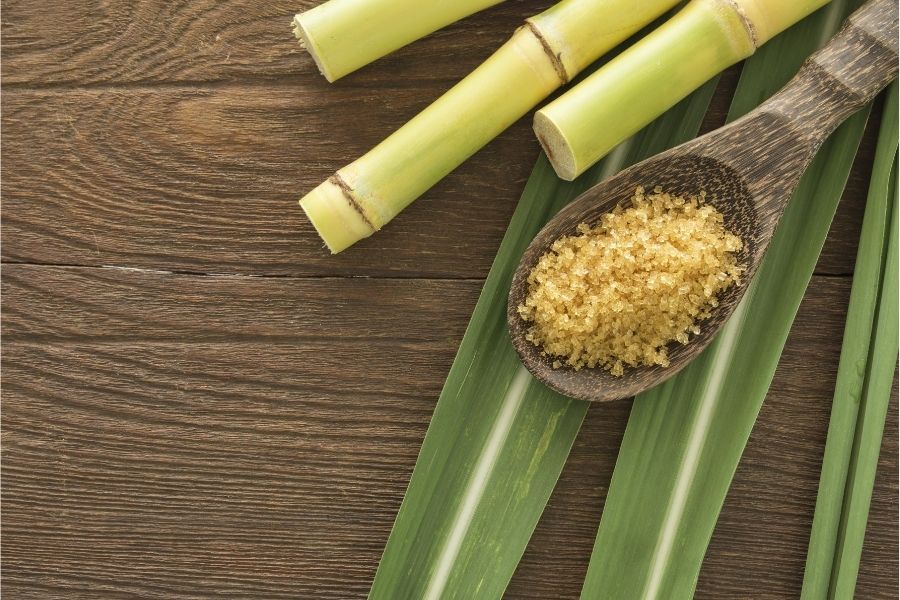An In-depth Introduction of the Health and Economic Effects of Cane Sugar Processing on Neighborhood Areas
Cane sugar processing plays a crucial role fit the financial landscape of neighborhood communities, supplying employment possibility and promoting secondary sectors. Nonetheless, the health ramifications associated with high sugar usage can not be overlooked, as they contribute to increasing prices of excessive weight and diabetes. This nuanced dynamic invites an important exam of just how communities can optimize financial gains while dealing with the pressing health difficulties they face. The exploration of sustainable practices and educational efforts might simply hold the key to fixing up these conflicting passions. What strategies might areas apply to attain this equilibrium?
Financial Benefits of Cane Sugar Processing
Walking stick sugar processing provides substantial economic benefits that prolong past the immediate agricultural industry. The cultivation and processing of sugarcane develop numerous work possibilities, from farming to production and circulation. This employment generation not just supports neighborhood economic situations however also cultivates neighborhood development by supplying steady income sources for family members.
Additionally, the sugar sector promotes ancillary organizations, including transport, tools supply, and packaging solutions (Cane Sugar Processing). As these industries expand, they contribute to a much more durable economic framework, boosting overall neighborhood strength. The export potential of refined walking cane sugar even more amplifies financial advantages, positioning regions as affordable players in worldwide markets
Financial investment in modern processing facilities can bring about enhanced efficiency and performance, thereby minimizing waste and maximizing resource usage. This change not just benefits the neighborhood economic situation but likewise sustains sustainability initiatives by decreasing environmental impacts.
Moreover, the earnings created from cane sugar processing can be reinvested in local facilities, education and learning, and medical care, promoting alternative community growth. On the whole, the economic advantages of walking stick sugar processing are complex, providing a foundation for withstanding prosperity in agricultural areas.
Wellness Threats Connected With Sugar Intake
Too much sugar usage presents considerable health and wellness risks that require major attention. High intake of sugarcoated, especially from refined drinks and foods, has actually been connected to various health and wellness complications. Among the most pressing problems is weight problems, as sugary diets add to an enhanced caloric intake without providing necessary nutrients. This extra can result in metabolic disorders, including type 2 diabetes mellitus, which has ended up being progressively prevalent in both grownups and kids - Cane Sugar Processing.
In addition, high sugar intake is associated with heart disease. Elevated blood sugar level levels can bring about insulin resistance, a precursor to numerous heart-related issues. Furthermore, sugar can have detrimental impacts on oral health and wellness, resulting in tooth cavities and gum illness, as microorganisms in the mouth prosper on sugar, creating acids that deteriorate tooth enamel.
Moreover, arising research recommends a possible link in between high sugar consumption and mental wellness disorders, such as anxiety and anxiety. As neighborhoods face these health dangers, it comes to be vital to advertise recognition and encourage much healthier dietary selections. Dealing with sugar usage is critical not just for individual health however additionally for the total health of local communities, highlighting the requirement for thorough public health methods.
Ecological Influences of Sugar Manufacturing
Regularly forgotten in conversations concerning sugar's implications is the significant environmental impact of sugar manufacturing. The farming of sugarcane frequently necessitates comprehensive land use, bring about deforestation, loss of biodiversity, and interruption of regional environments. The conversion of woodlands and wetlands into sugar plantations can cause environment damage, threatening many types and altering ecological balance.
Moreover, sugar production is resource-intensive, consuming significant amounts of water for watering. This can bring about deficiency of neighborhood water resources, detrimentally influencing both farming techniques and area access to tidy water. Additionally, making use of chemical fertilizers and pesticides in sugarcane farming can contribute to dirt deterioration and water contamination, as runoff from these chemicals goes into close-by rivers and lakes, influencing water life and human health.
The ecological impact extends to the processing phase, where power consumption and waste generation more worsen environmental concerns. Air air pollution see it here from burning sugarcane areas, together with greenhouse gas emissions, add to climate modification. As such, the ecological implications of sugar manufacturing warrant major factor to consider, advising stakeholders to take on more lasting methods to minimize these unfavorable results on local communities and areas.
Job Development and Area Advancement
The ecological challenges presented by sugar production are commonly counterbalanced by its capacity for financial advantages, particularly in task production and community advancement. The walking cane sugar sector works as a significant source of work in many rural locations, providing tasks throughout numerous skill levels, from farming labor to handling and circulation duties. This work not just supports specific families however likewise adds to the total financial vitality of local neighborhoods.
In addition, the facility of sugar handling facilities stimulates supplementary services, such as transport solutions, devices supply, and upkeep companies. As these services prosper, they develop added work and strengthen neighborhood economies. The income produced from the sugar market also causes boosted tax incomes, which can be reinvested into community services such as framework, education and learning, and medical care development.
In addition, the sugar sector frequently participates in area advancement initiatives, such as supporting neighborhood schools and wellness programs, consequently enhancing the lifestyle for locals. By fostering strong area ties and advertising economic development, the cane sugar handling industry plays a vital function in uplifting neighborhood populations, making it an essential element of lasting advancement approaches in sugar-producing regions.
Harmonizing Health And Wellness and Economic Development
In navigating the intricacies of walking stick sugar processing, a crucial challenge exists in balancing wellness factors to consider with financial development. The sugar market dramatically adds to regional economies by producing work, stimulating associated markets, and increasing tax incomes. Nevertheless, the wellness effects associated with extreme sugar intake can lead to chronic illness such as weight problems, diabetes, and cardiovascular problems, which can burden public health systems and reduce labor force efficiency.

Moreover, governing structures can play a critical duty in directing sector practices in the direction of even more health-conscious and click for more info sustainable techniques. By cultivating collaboration between government bodies, health and wellness companies, and the sugar sector, areas can navigate the dichotomy of health and wellness and economic development, making sure that the benefits of walking cane sugar processing are equitably shared Learn More Here while prioritizing public wellness.
Verdict
In final thought, the handling of walking stick sugar presents both substantial economic advantages and significant wellness risks for local neighborhoods. While it promotes task development and boosts local advancement, the connected wellness worries, particularly pertaining to obesity and diabetes, necessitate a careful balancing act. By promoting liable usage and investing in area education and lasting techniques, it is possible to optimize financial benefits while minimizing adverse wellness results, consequently guaranteeing a healthier future for neighborhood populations.
Additionally, sugar can have detrimental results on oral health, resulting in cavities and gum tissue disease, as microorganisms in the mouth grow on sugar, producing acids that wear down tooth enamel.
Dealing with sugar consumption is crucial not just for individual wellness however also for the general well-being of regional communities, stressing the requirement for comprehensive public health and wellness techniques.
Regularly neglected in discussions regarding sugar's effects is the substantial ecological effect of sugar production. The wellness ramifications associated with extreme sugar usage can lead to persistent diseases such as obesity, diabetes mellitus, and cardio problems, which can problem public health and wellness systems and diminish workforce productivity.
